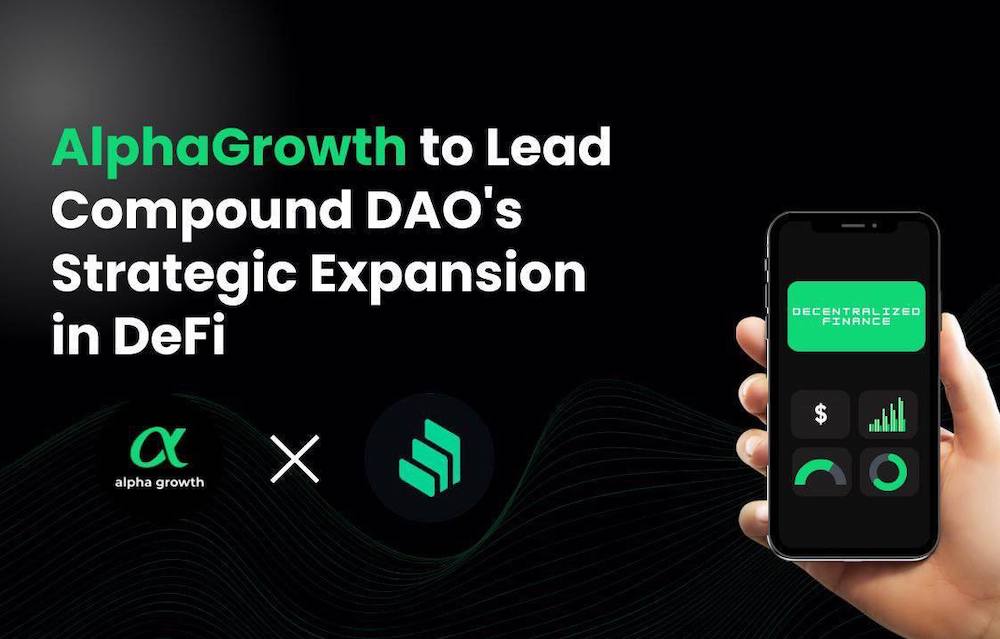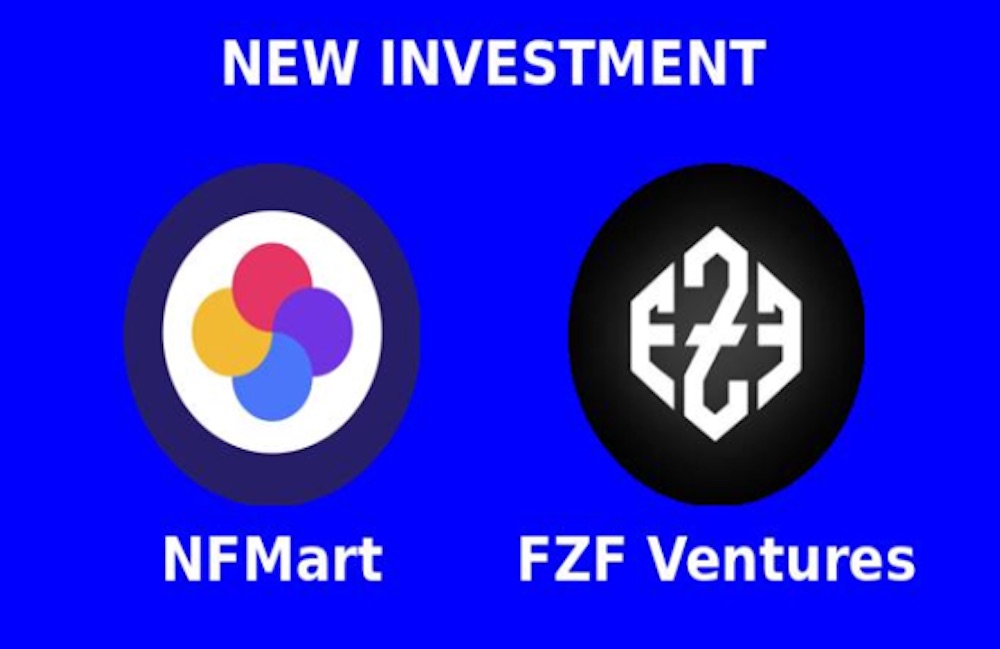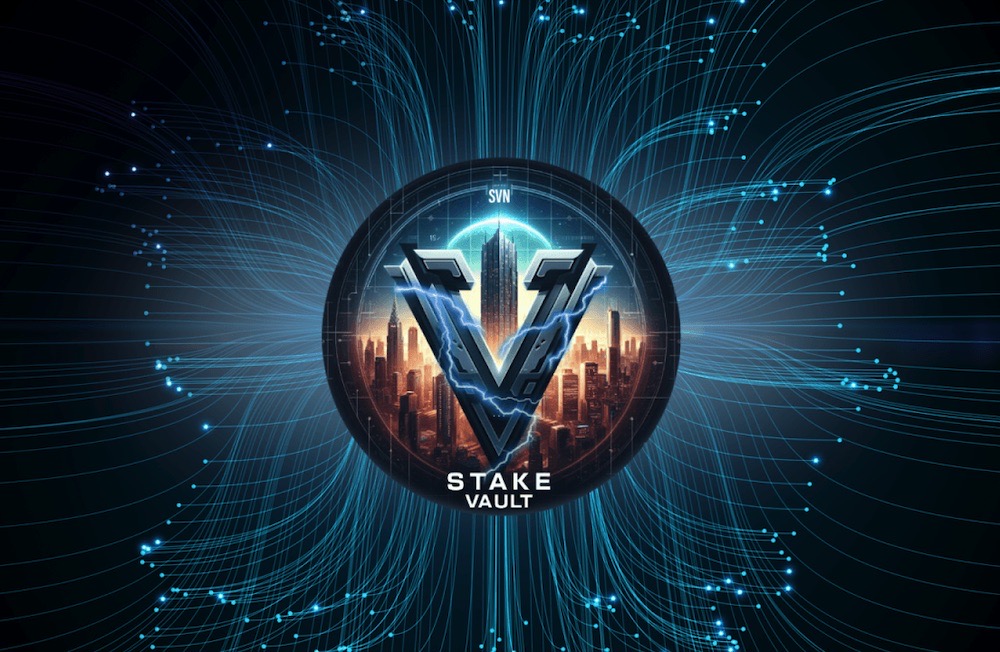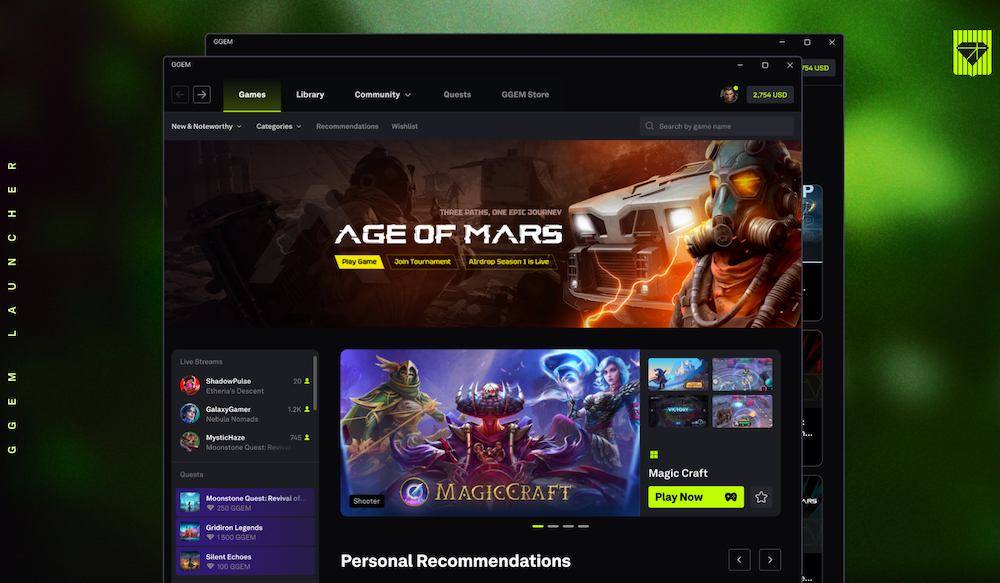Masa also becomes the first live token in the Bittensor Subnet Ecosystem, introducing a new dual-token reward structure to incentivize contributors and democratize AI development.
Masa, a decentralized AI network where people earn by contributing data, today announced the launch of an AI Data Subnet on Bittensor, a protocol pioneering the decentralized production of artificial intelligence. Masa will leverage Bittensor’s peer-to-peer machine intelligence network to supercharge AI data aggregation, transformation, and access. Together, this empowers a world of Fair AI powered by the people, where AI developers can build anything, anywhere with the world’s data.
The AI sector of the crypto industry is projected to reach $10.2 billion in revenue by 2030, according to a research report from VanEck, while centralized AI has a projected market share value of $1.8 trillion by 2030. However, there is a clear demand for decentralized players, as the essential components of AI including compute, models, and data, should not be monopolized by centralized entities.
Value Proposition of the Masa Bittensor Subnet
Bittensor has amassed a $10 billion AI ecosystem since its launch in March 2023. Institutional validators, such as DCG subsidiary Foundry and Polychain, collectively staked a total of 5.7 million – or $1.8 billion worth of – $TAO. Bittensor operates through a central network consisting of smaller, specialized sub-networks, each dedicated to different areas of AI. With its sophisticated TAO economic model that incentivizes the production of high-value AI subnets, Bittensor is a significant player in the DeAI space.
Masa enables people from all over the world to contribute data and compute to AI development, without centralized control. Masa allows AI developers to build anything, anywhere with the world’s data. It facilitates the fair, open, and permissionless contribution of AI training data, compute, and bandwidth.
Similar to Bittensor’s incentive mechanism, Masa contributors – validators and workers – are rewarded based on the value of their contribution to the network, using game-theoretical frameworks that optimize a contributor’s utility on the network. This ensures an effective system that uses economic incentives to drive growth and the equitable expansion of Fair AI.
The Masa Bittensor Subnet provides real-time and static, structured, annotated, and vectorized data from a variety of data sources critical for AI development, such as X (Twitter), Discord, diarized speech (e.g. podcasts, YouTube, TikTok), gated web data (e.g. New York Times), and public web data (e.g. Google Search).
Real-time data can be used to build robust datasets or directly in system prompts for current context. Static data sets are constantly updated and stored by subnet workers for further processing into vectors to fuel Retrieval Augmented Generation (RAG) in AI agents. These data sets are processed and annotated using agentic data pipelines that employ fine-tuned LLMs trained on JSON and other formats to deliver high-quality outputs from volatile data inputs. AI developers have been using Masa data for a wide range of use cases, such as capturing trading signals and building hyper-personalized AI companions.
The Masa and Bittensor communities can participate using low-power devices to run a Masa worker node from laptops, servers, or future mobile devices by contributing compute and bandwidth from anywhere in the world.
$MASA Joins Bittensor Subnet Ecosystem as First and Only Live Token
Masa’s token, $MASA, now becomes the only live token for any subnet in the Bittensor ecosystem. In addition, Masa Protocol and Masa Bittensor Subnet validators and workers can earn dual-token staking rewards in $MASA and $TAO. Masa Foundation-owned TAO from operating the subnet will be used to support $MASA through buybacks or distributions as part of the emissions schedule.
Masa was the first AI project to debut on CoinList in 2024 via a 17-minute public sale in March. Over the last 2 years, Masa has grown to over 1.6 million contributors and over 100 developers in its network, where individuals earn by contributing data. Masa’s ecosystem of contributors, developers, and validators is expected to significantly enhance Bittensor’s performance and utility.
“As an early crypto builder and adopter who participated in Ethereum’s ICO in 2014, Bittensor reminds me of Ethereum’s ecosystem circa 2017,” said Brendan Playford, Co-founder of Masa. “While Bittensor is still in its early days, it has the potential to surpass Ethereum’s growth, fueled by the rapid expansion of Decentralized AI. DeAI has the potential to become even bigger than Bitcoin. At Masa, we are integrating into the Bittensor ecosystem to exponentially accelerate the development of Decentralized AI, with data serving as the new currency of Fair AI.”
To date, Masa has raised $18 million backed by DCG, Anagram, Republic Digital, Animoca, and was incubated by Binance and Hashkey.
“The launch of Masa’s subnet underscores the growing momentum in decentralized AI. We proudly support Masa as they advance both decentralized and broader AI development, which aligns deeply with our belief in the power of decentralized technologies,” said Evan Malanga, VP Strategy at DCG.
To participate in the Masa Bittensor Subnet, users can visit Masa’s website.
About Masa
Masa is a decentralized AI network, where people earn by contributing data. AI developers can build anything, anywhere with the world’s data. Users are welcome to join Masa’s mission to create Fair AI, powered by the people.




















